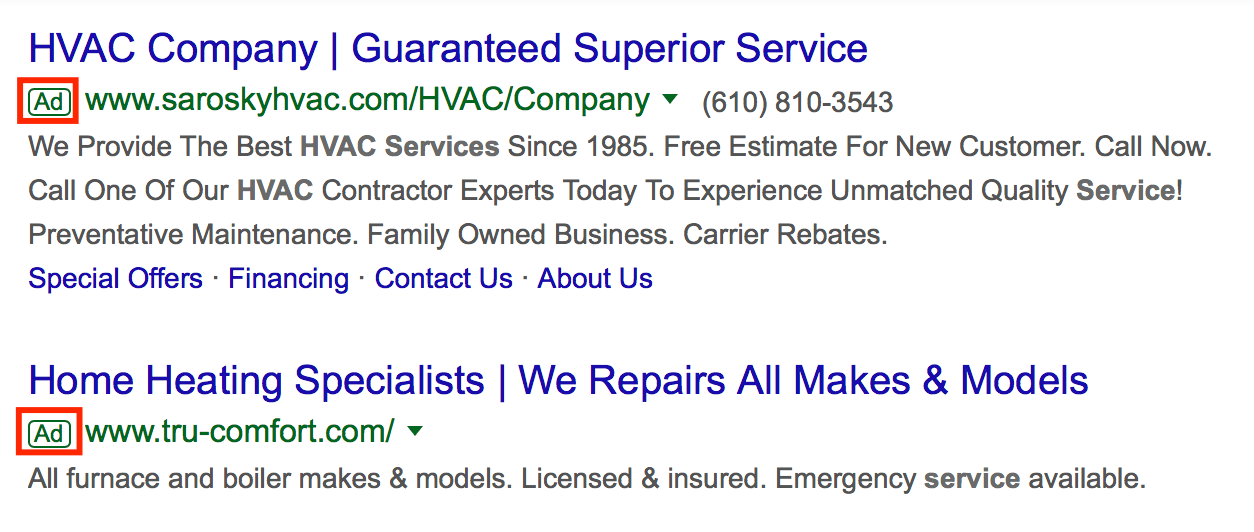Just Because Your A Small Business, Doesn’t Mean You Can’t Afford PPC?
PPC can be a highly affordable and accessible marketing strategy for small businesses
In the digital age, Pay-Per-Click (PPC) advertising has become an indispensable tool for businesses seeking to expand their online presence and attract customers. Yet, despite its proven effectiveness, many small businesses are hesitant to embrace PPC, believing it to be too costly or complex for their budget and resources. However, the reality is that PPC can be a highly affordable and accessible marketing strategy for small businesses, offering a multitude of benefits and opportunities for growth.
PPC offers a range of budget-friendly options and cost-effective strategies
PPC can drive traffic, generate leads, and boost sales, making it an essential component of any comprehensive digital marketing strategy.
In this comprehensive guide, we'll delve into the world of PPC advertising, debunking common myths and misconceptions, and providing actionable insights and strategies for small businesses to succeed in their PPC endeavors.
Understanding the Basics of PPC Advertising: Before we dive into the affordability and success of PPC advertising for small businesses, let's first establish a foundational understanding of what PPC advertising entails. At its core, PPC advertising is a digital marketing model where advertisers pay a fee each time their ad is clicked. This model allows businesses to bid on ad placement in search engine results pages (SERPs), social media platforms, and other digital channels, targeting specific keywords, demographics, and user behaviors.
The appeal of PPC lies in its ability to deliver highly targeted and measurable results, offering businesses unparalleled control and flexibility over their advertising campaigns. With the right strategy and execution, PPC can drive traffic, generate leads, and boost sales, making it an essential component of any comprehensive digital marketing strategy.
Debunking the Myth of Costly PPC Advertising:
One of the most common misconceptions surrounding PPC advertising is that it's too expensive for small businesses to afford. While it's true that PPC campaigns can require upfront investment, the reality is that PPC offers a range of budget-friendly options and cost-effective strategies that make it accessible to businesses of all sizes.
First and foremost, PPC operates on a pay-per-click model, meaning that advertisers only pay when someone clicks on their ad. This pay-for-performance model ensures that businesses are only spending money on ads that are driving tangible results, such as website visits, leads, or conversions.
Additionally, PPC platforms like Google Ads, Bing Ads, and social media advertising platforms offer flexible budgeting options that allow businesses to set daily or monthly spending limits. This flexibility empowers businesses to control their advertising costs and adjust their budgets based on performance and campaign goals.
Moreover, the cost of PPC advertising can vary widely depending on factors such as industry competition, target audience, and keyword competitiveness. By strategically targeting high-value keywords with lower competition and more affordable CPCs (cost per click), small businesses can maximize the impact of their PPC campaigns while minimizing costs.
Ultimately, the affordability of PPC advertising comes down to careful planning, budget allocation, and optimization. By setting realistic budgets, targeting cost-effective keywords, and monitoring campaign performance, small businesses can leverage the power of PPC advertising without breaking the bank.
Unlocking the Benefits of PPC for Small Businesses:
Now that we've dispelled the myth of costly PPC advertising, let's explore the myriad benefits and opportunities that PPC offers for small businesses.
Targeted Advertising: One of the key advantages of PPC advertising is its ability to target specific audiences based on demographics, interests, and online behaviors. By reaching the right people with the right message at the right time, small businesses can maximize the effectiveness of their advertising efforts and drive better results.
Measurable Results: Unlike traditional forms of advertising that offer limited visibility into performance metrics, PPC advertising provides real-time data and analytics that allow businesses to measure the success of their campaigns. From click-through rates and conversion rates to cost per acquisition and return on investment, PPC offers a wealth of valuable insights that businesses can use to optimize their campaigns and drive better results.
Flexibility and Control: PPC advertising offers unparalleled flexibility and control over campaign parameters, allowing businesses to adjust their targeting, bidding, and ad creative in real-time. This flexibility enables businesses to respond quickly to changing market conditions, trends, and customer behaviors, ensuring that their advertising efforts remain relevant and effective.
Scalability: Whether you're a small startup or an established business looking to expand, PPC advertising offers scalability that can accommodate businesses of all sizes and growth stages. With the ability to scale campaigns up or down based on budget, objectives, and performance, small businesses can adapt their PPC strategies to meet their evolving needs and goals.
Leveling the Playing Field: In the digital arena, PPC advertising levels the playing field, allowing small businesses to compete with larger competitors on a more equal footing. With the right strategy and execution, small businesses can reach their target audience, drive traffic, and generate leads without the need for a massive marketing budget.
In conclusion, PPC advertising is not just for big-budget corporations—it's a cost-effective and accessible marketing strategy that can benefit businesses of all sizes. By dispelling the myth of costly PPC advertising and embracing its affordability and potential for success, small businesses can unlock new opportunities for growth and prosperity.

